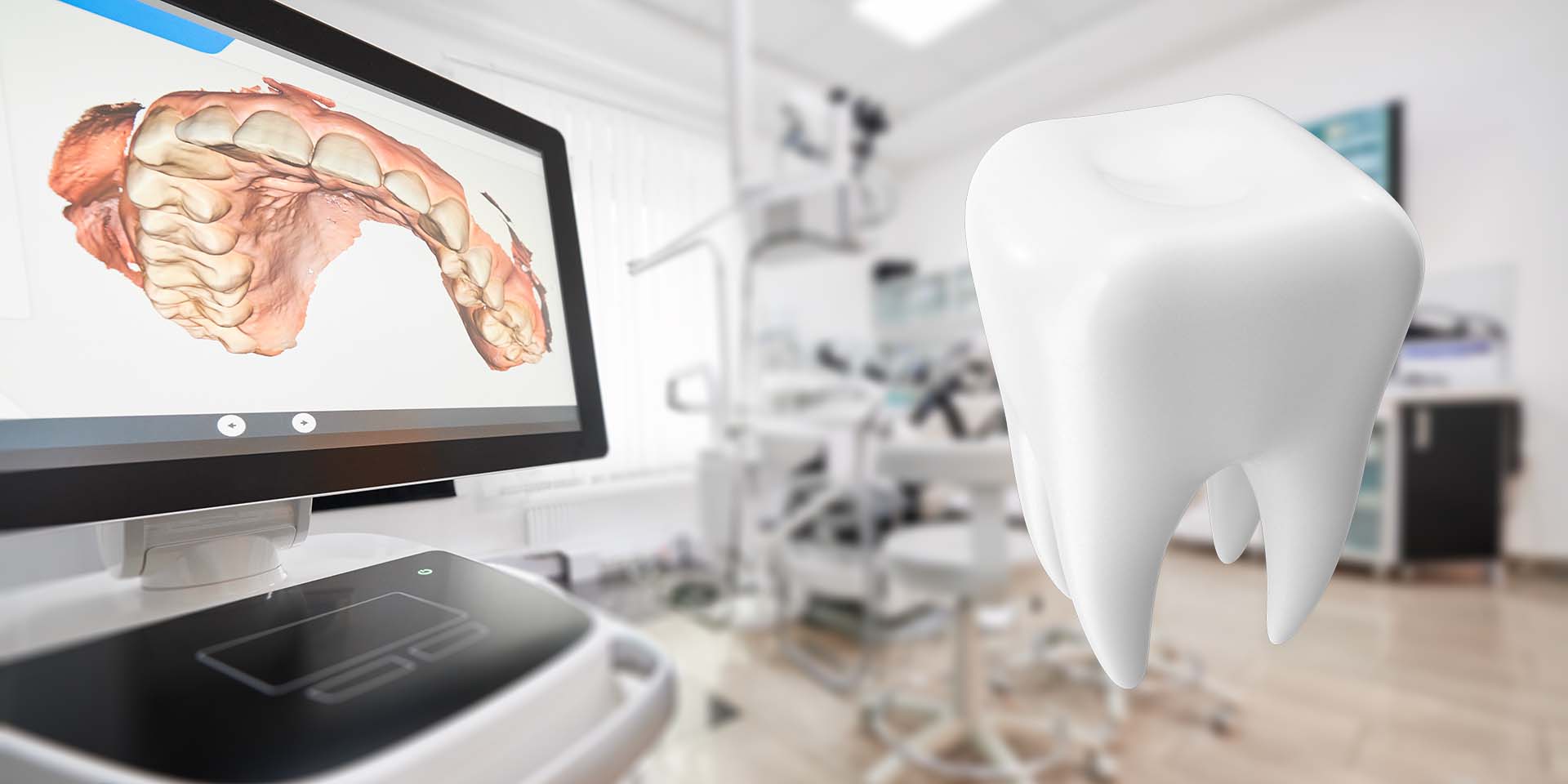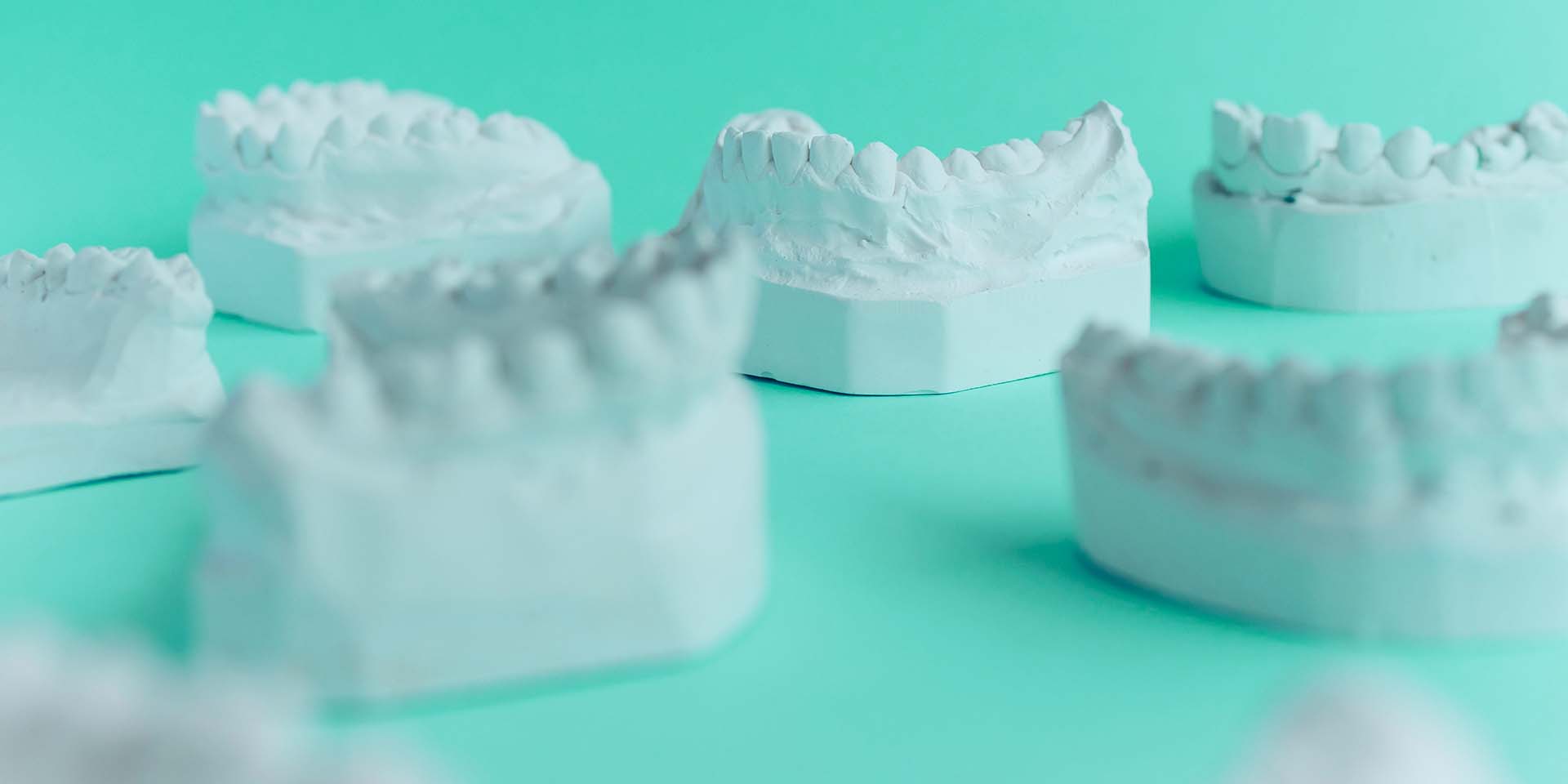- Introduction: A Journey through Oral and Brain Health
- Nerve Communication: The Roots of the Brain-Tooth Link
- Hormonal Influences: The Impact of Dental Health on Brain Well-Being
- Memory and Cognition: How Teeth Affect the Brain
- Prevention and Care: Strategies for Maintaining Oral and Brain Health
- Conclusion: Integrating Oral and Brain Health into Everyday Life
Introduction: A Journey through Oral and Brain Health
The relationship between the health of our teeth and the health of our brain is a fascinating and often underestimated field in medicine. In this introduction, we propose to explore how oral health and brain health are interconnected, forming a complex network that affects our general well-being. Understanding this link can shed light on preventative approaches and more effective treatments, emphasising the importance of looking after not only our mouths but also our minds. Oral health goes far beyond a beautiful smile; it reflects and influences the state of our brain in ways that modern science is only just beginning to understand.
Nerve Communication: The Roots of the Brain-Tooth Link
Communication between the brain and the teeth is mediated by a complex nervous system. Sensitive nerves in the mouth transmit information to the brain about pain, temperature and pressure, integrating oral health with brain health. Dental problems, such as tooth decay or periodontal disease, can trigger painful signals to the brain, affecting not only oral health, but also emotional and mental state. This phenomenon highlights the importance of maintaining good oral health for the overall balance of the body and brain, as each toothache is a reflection of an interconnected body system.
Hormonal Influences: The Impact of Dental Health on Brain Well-Being
The role of hormones in the interaction between dental and brain health is fundamental. Stress, for example, can lead to an increase in hormones such as cortisol, which negatively affects oral health, contributing to diseases such as gingivitis and periodontitis. Conversely, inflammation or chronic dental pain can trigger a stress response in the body, affecting hormonal balance and brain well-being. This hormonal interdependence emphasises the need to treat oral and mental health as parts of an integrated whole, where the care of one directly influences the other.
Memory and Cognition: How Teeth Affect the Brain
The relationship between oral health and cognition is an area of growing interest. Recent studies suggest a link between dental problems and neurodegenerative diseases such as Alzheimer’s and dementia. Inflammation and infections in the mouth can release substances that, when travelling through the body, affect the brain and contribute to cognitive decline. This discovery underlines the importance of good oral hygiene not only for maintaining healthy teeth, but also for preserving brain function and memory throughout life.
Prevention and Care: Strategies for Maintaining Oral and Brain Health
Maintaining good oral hygiene is essential for general health, including brain health. Practices such as brushing your teeth regularly, flossing and frequent dental check-ups are essential. In addition, eating a balanced diet rich in vitamins and minerals and reducing tobacco and alcohol consumption can significantly improve oral health and, by extension, brain health. These preventative measures are crucial not only for maintaining a healthy smile, but also for ensuring that our brains function optimally.
Conclusion: Integrating Oral and Brain Health into Everyday Life
Integrating oral and brain health into our daily routines emphasises the importance of a holistic approach to health. By recognising and treating oral health as an integral part of general health, we can significantly improve our quality of life. This holistic perspective reminds us that taking care of our mouths is indirectly taking care of our brains, and that health is not just the absence of a disease.
- Smith, M. J. & Jones, D. F. (2019). “Neurological pathways in dental sensory processing: a comprehensive review.” Journal of Dental Research.
- Harris, R. L. (2021). “The impact of oral health on cognitive decline: Evidence from recent studies.” Neurology and Neuroscience Reports.
- Patel, V. & Lee, S. (2020). “Stress, hormones, and dental health: Understanding the connection.” Journal of Oral Health and Wellness.
- Greene, J. H. & Carter, A. (2018). “Periodontal disease and its impact on Alzheimer’s and dementia.” Journal of Geriatric Dental Research.



